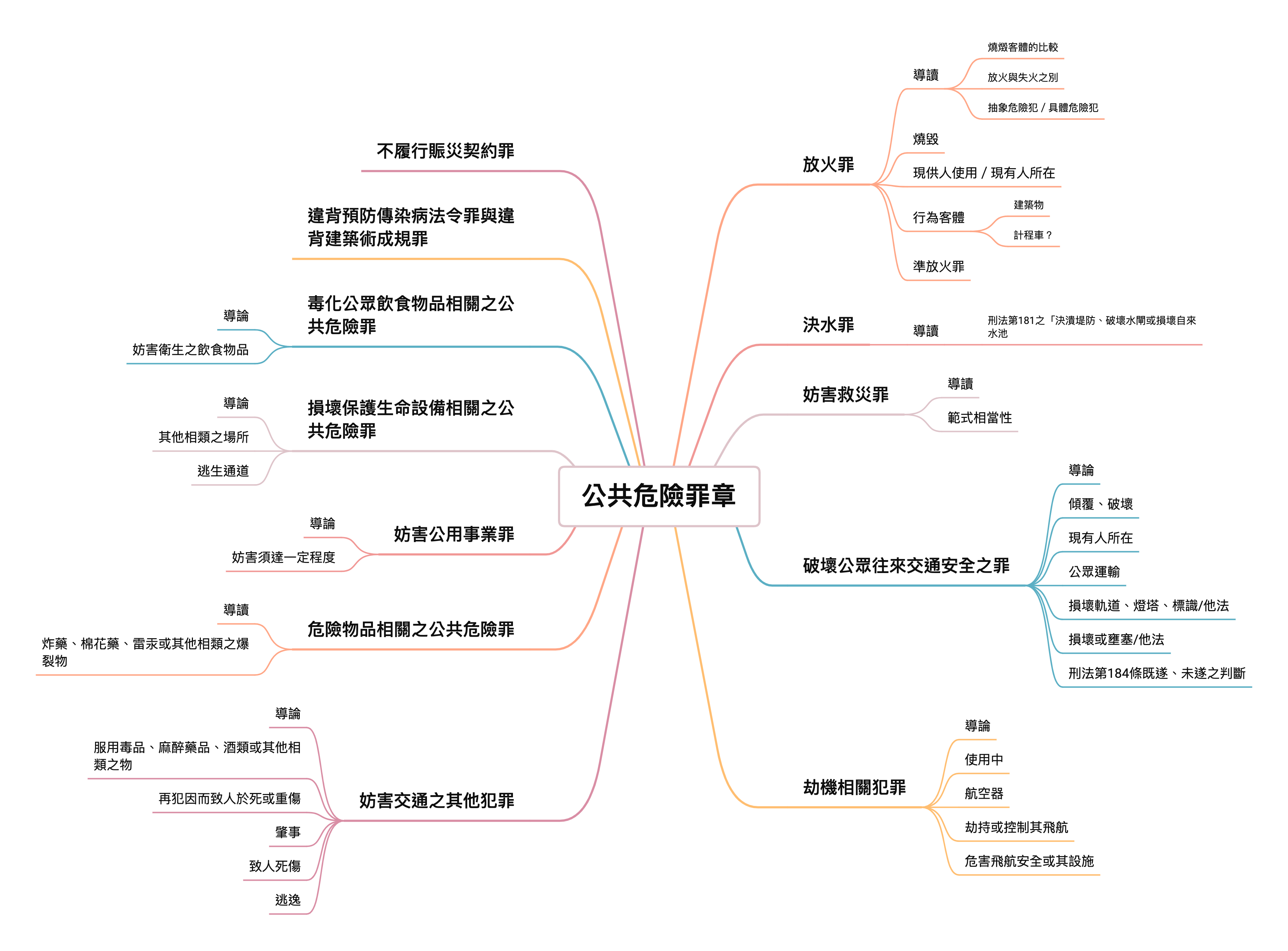Introduction
The Canada Cannabis Act, which came into effect on October 17, 2018, has transformed the legal landscape of cannabis use in Canada. While the Act legalizes the recreational use of cannabis, it also establishes a robust framework of regulations designed to ensure public safety, restrict access by youth, and regulate the production and distribution of cannabis. This article provides an overview of what is legal and what is not under the Cannabis Act, focusing on the legal limits of possession and use, guidelines for home cultivation, prohibited activities, and the penalties associated with violations of the Act.
Legal Possession and Use
Under the Cannabis Act, adults in Canada are permitted to possess and use cannabis, but there are strict limits in place to regulate its use and ensure public safety.
- Limits on Possession for Adults: Adults aged 18 or 19 years and older, depending on the province or territory, are legally allowed to possess up to 30 grams of dried cannabis or its equivalent in non-dried forms in public. The equivalent amounts for different cannabis products are specified in the regulations, such as 150 grams of fresh cannabis, 450 grams of edible products, 2.1 liters of liquid products, 7.5 grams of concentrates, or 30 cannabis plant seeds. Possession limits aim to prevent the accumulation of large quantities of cannabis that could potentially lead to illegal distribution or trafficking.
- Public Consumption Regulations: The Act permits the consumption of cannabis in private residences and certain public spaces, depending on provincial and territorial laws. However, many provinces and territories have implemented additional restrictions on where cannabis can be consumed. For example, smoking or vaping cannabis is often prohibited in areas where tobacco smoking is banned, such as indoor public places, workplaces, and vehicles. Public consumption regulations are designed to minimize public exposure to second-hand smoke and to ensure that cannabis use does not interfere with public safety or the enjoyment of public spaces.
Home Cultivation and Personal Use
The Cannabis Act allows for the personal cultivation of cannabis plants at home, but there are specific guidelines and restrictions in place to regulate this activity.- Guidelines for Growing Cannabis at Home: Adults are permitted to grow up to four cannabis plants per household for personal use. This limit applies regardless of the number of adults living in the household. The plants must be grown from licensed seed or seedlings, and they must be cultivated in a way that prevents public access and minimizes the risk of theft. Home cultivation provides adults with the option to produce their own cannabis, but it is subject to strict regulatory controls to ensure safety and prevent unauthorized distribution.
- Restrictions and Limitations: There are several restrictions on home cultivation to ensure it is conducted safely and responsibly. For example, the plants cannot be grown in a location where they are visible to the public, such as in a front yard. Additionally, some provinces and territories have imposed additional restrictions or bans on home cultivation. For instance, Quebec and Manitoba have prohibited the cultivation of cannabis plants for personal use. The restrictions and limitations on home cultivation are intended to reduce the potential for diversion to the illegal market and to mitigate public safety concerns.
Prohibited Activities
While the Cannabis Act provides a legal framework for the use and possession of cannabis, it also outlines several prohibited activities to prevent misuse and protect public safety.
- Sale and Distribution Without a License: One of the key prohibited activities under the Cannabis Act is the sale or distribution of cannabis without a valid license. Only licensed producers and retailers are authorized to sell cannabis products. Unauthorized sale or distribution is considered a serious offense and is subject to severe penalties, including fines and imprisonment. The regulation of sales is intended to ensure that cannabis products meet strict quality and safety standards and to prevent the diversion of cannabis to the illegal market.
- Driving Under the Influence of Cannabis: Driving while impaired by cannabis is strictly prohibited under the Act and is treated as a serious criminal offense. Law enforcement agencies have the authority to conduct roadside checks and administer tests to determine if a driver is impaired by cannabis. The penalties for driving under the influence of cannabis are severe and can include fines, license suspension, and imprisonment. These measures are designed to deter impaired driving and to protect public safety on the roads.
Penalties and Enforcement
The Cannabis Act includes a range of penalties and enforcement measures to address violations of the regulations.
- Legal Consequences for Violating the Act: Individuals who violate the provisions of the Cannabis Act may face a variety of penalties, depending on the severity of the offense. Minor offenses, such as possession of cannabis above the legal limit, can result in fines or warnings. More serious offenses, such as unauthorized production, distribution, or sale of cannabis, or providing cannabis to minors, can lead to significant fines and imprisonment for up to 14 years. Enforcement of the Act is carried out by federal, provincial, and local law enforcement agencies, who have the authority to investigate, charge, and prosecute individuals or entities that violate the Act.
Conclusion
The Canada Cannabis Act establishes a comprehensive regulatory framework for the legal use and possession of cannabis, with the primary goal of protecting public health and safety while reducing the burden on the criminal justice system. By setting clear limits on possession and use, regulating home cultivation, and prohibiting certain activities, the Act seeks to ensure that cannabis is used responsibly and safely. The penalties and enforcement measures outlined in the Act serve as a deterrent to unlawful behavior and help maintain a balance between personal freedom and public safety. Understanding the regulations under the Cannabis Act west coast canada weed is essential for all Canadians to ensure compliance and to make informed decisions about cannabis use.





















